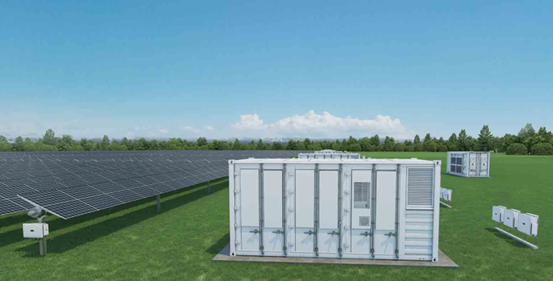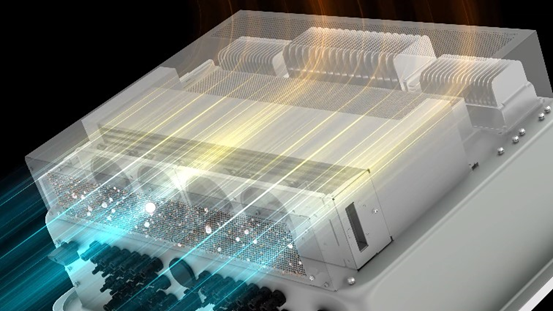The increasing global demand for sustainable energy solutions has driven advancements in solar technology, with smart photovoltaics emerging as a promising avenue for efficient and intelligent energy production. Smart photovoltaic systems integrate innovative technologies to optimize energy harvesting, enhance system monitoring, and ensure the longevity of solar panels. As the adoption of these systems grows, it becomes crucial to explore the robust protection measures in place to safeguard these valuable investments.
Security Features in Smart Photovoltaics
Weather Resilience
One of the primary challenges faced by solar panels is exposure to diverse weather conditions. Smart photovoltaics are designed with weather-resistant features to withstand the elements. Specialized coatings on the solar panels protect against corrosion, ensuring that the panels maintain their efficiency over the long term. Additionally, advanced weather monitoring systems enable these smart photovoltaics to adjust their positioning or take preventive measures during extreme weather events, such as storms or heavy snowfall.
Cybersecurity Protocols
The integration of smart technologies in photovoltaic systems introduces a new set of challenges, particularly concerning cybersecurity. As these systems rely on interconnected devices and communication protocols, protecting them from potential cyber threats is paramount. Smart photovoltaics employ robust encryption methods to secure data transmission between components. Moreover, continuous monitoring and regular software updates are implemented to address emerging vulnerabilities and ensure the resilience of the entire system against cyber attacks.

Anti-Theft Measures
The economic value of solar panels makes them susceptible to theft, especially in remote or unmonitored locations. Smart photovoltaic systems incorporate anti-theft measures to mitigate this risk. GPS tracking devices are often integrated into the solar panels, allowing for real-time monitoring of their location. In the event of unauthorized movement, alarms are triggered, and relevant authorities can be notified promptly. This not only protects the investment but also acts as a deterrent against theft.
Fire Prevention Systems
While solar panels are generally safe, there is always a potential risk of fire due to factors like electrical faults or extreme weather conditions. Smart photovoltaics incorporate fire prevention systems to minimize this risk. These systems can detect abnormal temperature increases or electrical currents, triggering automatic shutdowns to prevent further damage. Additionally, fire-resistant materials and coatings are used in the construction of these systems to contain and suppress potential fires, ensuring the safety of both the installation and its surroundings.
Fault Detection and Maintenance Alerts
To ensure optimal performance, smart photovoltaics are equipped with advanced monitoring systems capable of detecting faults and anomalies in real time. Machine learning algorithms analyze performance data to identify potential issues, such as a decrease in energy output or individual panel malfunctions. Maintenance alerts are then generated, allowing technicians to address problems promptly and prevent further degradation of system efficiency. This proactive approach to maintenance enhances the overall reliability of smart photovoltaic systems. Within Huawei's Utility Smart PV Solution, the incorporation of the Smart Self-cleaning Fan stands out. This innovative feature enables the solar controller inverter to autonomously adjust its fans by considering factors such as temperature, illumination, and other conditions. This intelligent system effectively eliminates dust, thereby diminishing the need for manual cleanup hours.

Conclusion
Smart photovoltaics represent a significant leap forward in harnessing solar energy efficiently and intelligently. The integration of advanced technologies in these systems not only optimizes energy production but also addresses various challenges through robust protection measures. From weather resilience to cybersecurity protocols, anti-theft features, and environmental considerations, the design of smart photovoltaics reflects a holistic approach to ensure the long-term viability and security of these renewable energy solutions. As the world continues to embrace sustainable energy, the ongoing development and implementation of such protection measures will be essential for a brighter and greener future.
